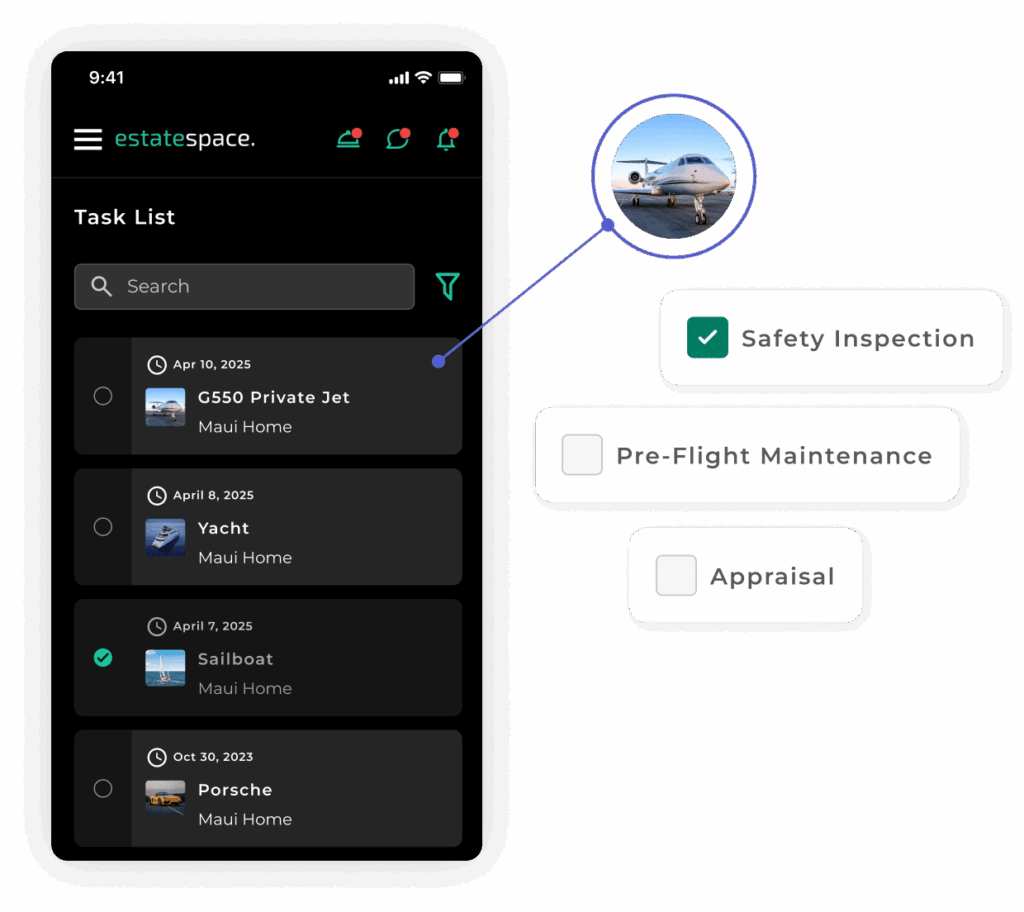You’re coordinating a charity gala for 300 guests while managing three property maintenance projects, and your principal needs travel arrangements confirmed by noon. Meanwhile, vendor invoices need approval, staff schedules require updates, and the wine cellar inventory is overdue. This is exactly why every successful estate operation needs a skilled assistant.
Furthermore, welcome to the reality of modern estate management in 2025. The scope has expanded, expectations have risen, and operational complexity continues growing. Fortunately, these professionals are becoming the backbone of efficient luxury household operations.
The Growing Role of Estate Assistants in Modern Operations
Today, estate assistants extend far beyond traditional secretary duties. Instead, they function as operational coordinators, project managers, communication hubs, and trusted support staff—often handling multiple critical tasks simultaneously.
However, despite the advanced nature of estate operations, many families still rely on outdated support structures. For example, using multiple unconnected systems for different tasks. Additionally, depending on manual processes for routine operations.
As a result? Estate teams struggle with coordination gaps when they should be delivering seamless service. In fact, in luxury household management where excellence is required, poor systems become operational risks. This is precisely why these professionals need proper tools and defined roles.
Daily Responsibilities: What Estate Assistants Handle
Administrative Operations Management
Currently, estate assistants coordinate daily administrative functions across multiple properties and projects. For example, they might manage vendor payments for a pool maintenance company in the Hamptons while coordinating security updates at the city residence. Meanwhile, they maintain filing systems, process invoices, and manage vendor relationships.
Communication and Coordination Hub
Additionally, estate assistants manage communication between family members, staff, and external vendors. However, they must balance multiple priorities while ensuring nothing falls through cracks. For instance, when the principal’s travel schedule changes, estate assistants quickly notify housekeeping staff, adjust meal planning, and reschedule maintenance appointments.
Event Planning and Execution
Furthermore, estate assistants often lead event planning from initial concept through final execution. This includes vendor selection, budget management, and guest coordination. Whether organizing an intimate dinner party for twelve or a charity gala for 300 guests, they handle every detail.
Travel and Lifestyle Coordination
Similarly, estate assistants handle complex travel arrangements, lifestyle services, and personal appointments. Currently, they coordinate between multiple time zones and changing schedules while maintaining detailed records. Additionally, they often manage recurring maintenance schedules to prevent emergency repairs and costly surprises.
These daily duties create several critical impacts:
- Operational efficiency when systems work smoothly together
- Family satisfaction from seamless service delivery
- Staff coordination when everyone has clear communication and expectations
- Cost management from proper vendor oversight and proactive maintenance
- Knowledge preservation when procedures and preferences are properly documented
As a result, each function builds upon others, making integrated systems essential for success.
The Technology Gap: Why Estate Assistants Need Better Tools
Currently, while other industries use advanced management platforms, many estate assistants continue working with basic tools never designed for luxury household coordination.
Consequently, this technology gap creates unnecessary work complications and limits their ability to deliver the seamless service level modern estates require. As estate operations continue transforming private service excellence, these professionals need purpose-built tools for success.
Essential Skills for Today’s Estate Assistant
First, modern professionals in this role need a diverse skill set that combines traditional administrative expertise with contemporary technology fluency. Therefore, successful team members master both operational coordination and relationship management.
Core Administrative Skills
These professionals must excel at:
- Project management across multiple priorities
- Budget tracking and expense coordination
- Vendor relationship management
- Schedule coordination and calendar management
Furthermore, they need strong communication skills for interacting with family members, staff, and external partners.
Technology and Systems Management
Additionally, today’s professionals should be comfortable with:
- Digital communication platforms and messaging systems
- Cloud-based file sharing and document management
- Budget tracking and financial reporting tools
- Event planning and project management software
Security and Privacy Management
Moreover, successful estate assistants understand data security and privacy standards. In 2025, protecting family information requires proper protocols for communication, file storage, and vendor access management.

How Estate Assistants Enhance Team Operations
Indeed, skilled estate assistants provide measurable benefits to estate operations:
- Improved Communication: They serve as central coordination points, ensuring all team members stay informed and aligned
- Better Organization: They maintain systems that keep operations running smoothly and efficiently
- Reduced Stress: They handle routine tasks so estate managers can focus on strategic priorities
- Cost Control: They track expenses and manage vendor relationships to optimize spending
As a result, these benefits multiply over time, creating significant operational improvements.
Building Your Estate Assistant Strategy
The most successful estate operations recognize that estate assistants should enhance overall team effectiveness while maintaining the personal touch that luxury families expect. Furthermore, they implement clear job descriptions, defined communication protocols, and proper security measures.
EstateSpace was designed specifically for teams like yours—those who understand that managing high-net-worth families requires coordinated systems. The platform integrates communication, project management, and operational tools that estate assistants need for daily success.
When estate assistants have proper tools and clear roles, they can focus on their key value: coordinating seamless operations, managing complex projects, and ensuring every detail meets family standards. For example, when a longtime housekeeper retires, all care instructions for antique furniture and family preferences remain accessible rather than walking out the door. Therefore, the right systems become essential extensions of their expertise.
Your estate assistant’s skills in coordination, communication, and relationship management remain the foundation of excellent service. Technology ensures that their expertise operates through systems worthy of the families you serve.
The Future of Estate Assistant Excellence
The estate management field is experiencing rapid change. As luxury operations continue adapting to modern challenges, the teams who thrive will combine traditional service excellence with current operational capabilities.
This growth isn’t about working more—it’s about applying coordination skills with greater precision and systematic support that enhances the ability to deliver outstanding results.
Your commitment to operational excellence deserves infrastructure that matches professional standards. When technology handles routine complexity, estate assistants can concentrate on what defines their value: making sophisticated operations appear effortless.
Ready to optimize your estate assistant operations? Discover how integrated estate management systems can enhance coordination while reducing operational complexity.
Schedule Your Demo and experience what becomes possible when technology supports your team’s mission of excellence.



